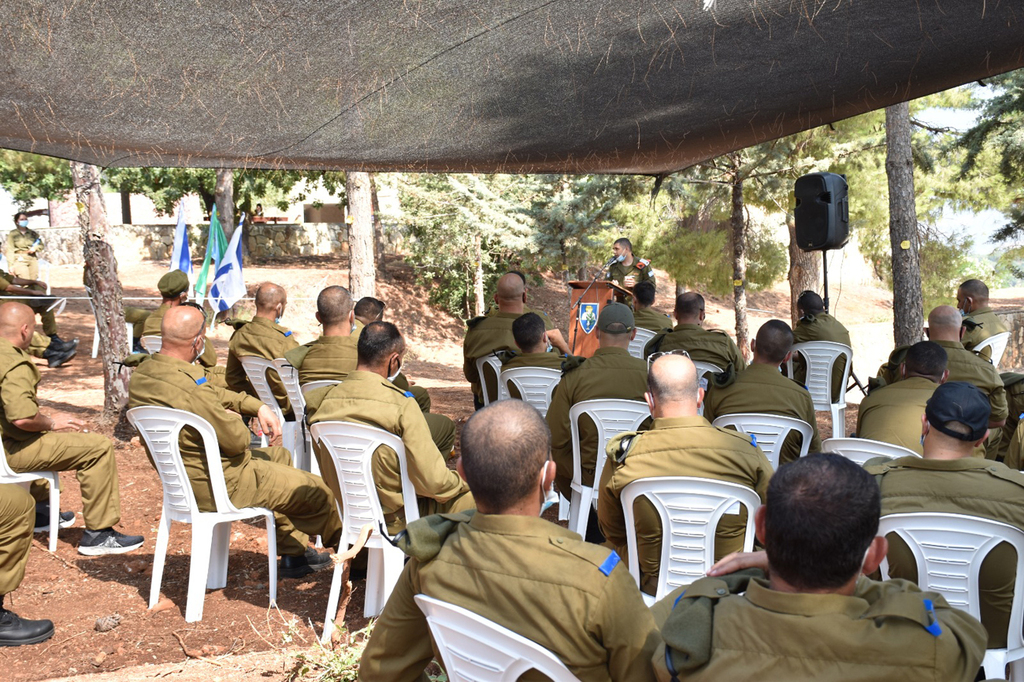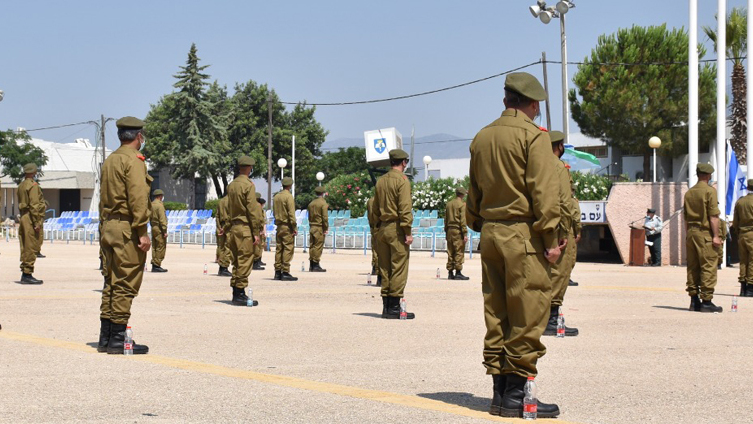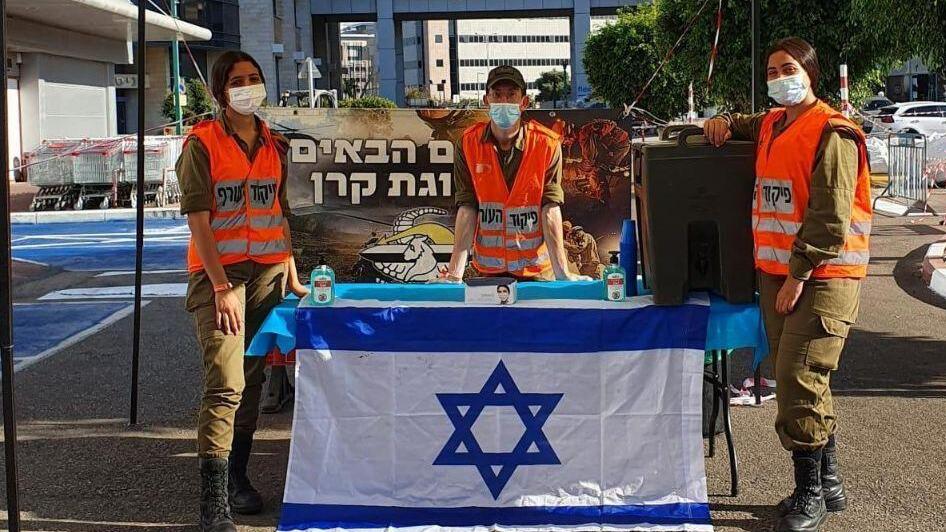More than 1,000 Israeli Arabs have volunteered to serve in the IDF as conscripts or reservists in the past year, and most after the coronavirus crisis began in March, the military's Manpower Directorate said Sunday.
The number of conscripts from the Arab sector is more than twice that of previous years, and includes Muslims from areas such as Taibe, Qalansuwa and East Jerusalem, Bedouin from the Galilee and Christian Arabs from the north.
Alongside the overall increase in the number of new Israeli Arab troops, the number of those enlisting for combat roles has also increased.
Some 450 new soldiers enlisted as scouts and fighters in the Bedouin patrol unit, while dozens more have joined prominent infantry brigades such as Kfir and Nahal and others still are serving in the Border Police.
The increase in conscripts can be attributed to a Manpower Directorate online initiative through which some 4,000 possible volunteers expressed their interest in joining the IDF this year alone.
To the army's amazement, some of those who expressed an interest came from so-called enemy states in the region. The applications from these countries had to be declined however due to security considerations.
“About 700 would-be volunteers called from Arab countries such as Lebanon and Syria, perhaps as part of the change the region is going through. We could not believe the demand,” the Manpower Directorate said.
"As a result, we opened a recruitment bureau in the Galilee, where volunteers can study to improve their Hebrew. This branch will be able to recruit a total of up to 2,500 people a year,” the Directorate said.
3 View gallery


Israeli Arab conscripts in the IDF as part of the 'Ambassadors in Uniform' initiative
(Photo: IDF Spokesperson's Unit)
The IDF’s "Ambassadors in Uniform" initiative - which offers opinion leaders in the Arab sector a short introductory term in the army - also doubled this year with over 100 conscripts.
This year also saw a breakthrough in the willingness of young Druze people from the villages of Majdal Shams, Buqata, Mas’ada and Ein Kinya in the northern Golan Heights to enlist.
In the past, the four villages have refrained from expressing formal identification with Israel, out of fear that the Golan Heights would eventually be returned to Syrian control.
The IDF is also preparing to open classrooms for technology studies in several Druze villages and Arab high schools, in order to help them integrate as technicians in the military and allow to acquire a profession for their civilian futures.
"Since the beginning of the coronavirus crisis in March, there has been a significant change in the willingness of young people in both the Arab and Haredi sectors to take part in the IDF,” said a senior officer in the Manpower Directorate.
The IDF intends to utilize some of its new Arab and ultra-Orthodox conscripts as Home Front Command forces in their respective localities or villages during emergencies, due to the understanding that they best know the local population and its needs.
"In the ultra-Orthodox sector alone, at least three sessions of basic training will begin by the end of April, adding 300 ultra-Orthodox soldiers to the Home Front Command,” says the senior officer.
“A momentum has been created, and now the army is perceived differently by both the ultra-Orthodox and Arab public.”



